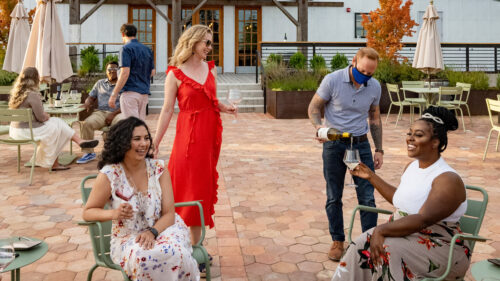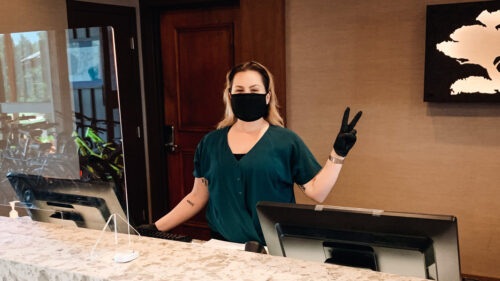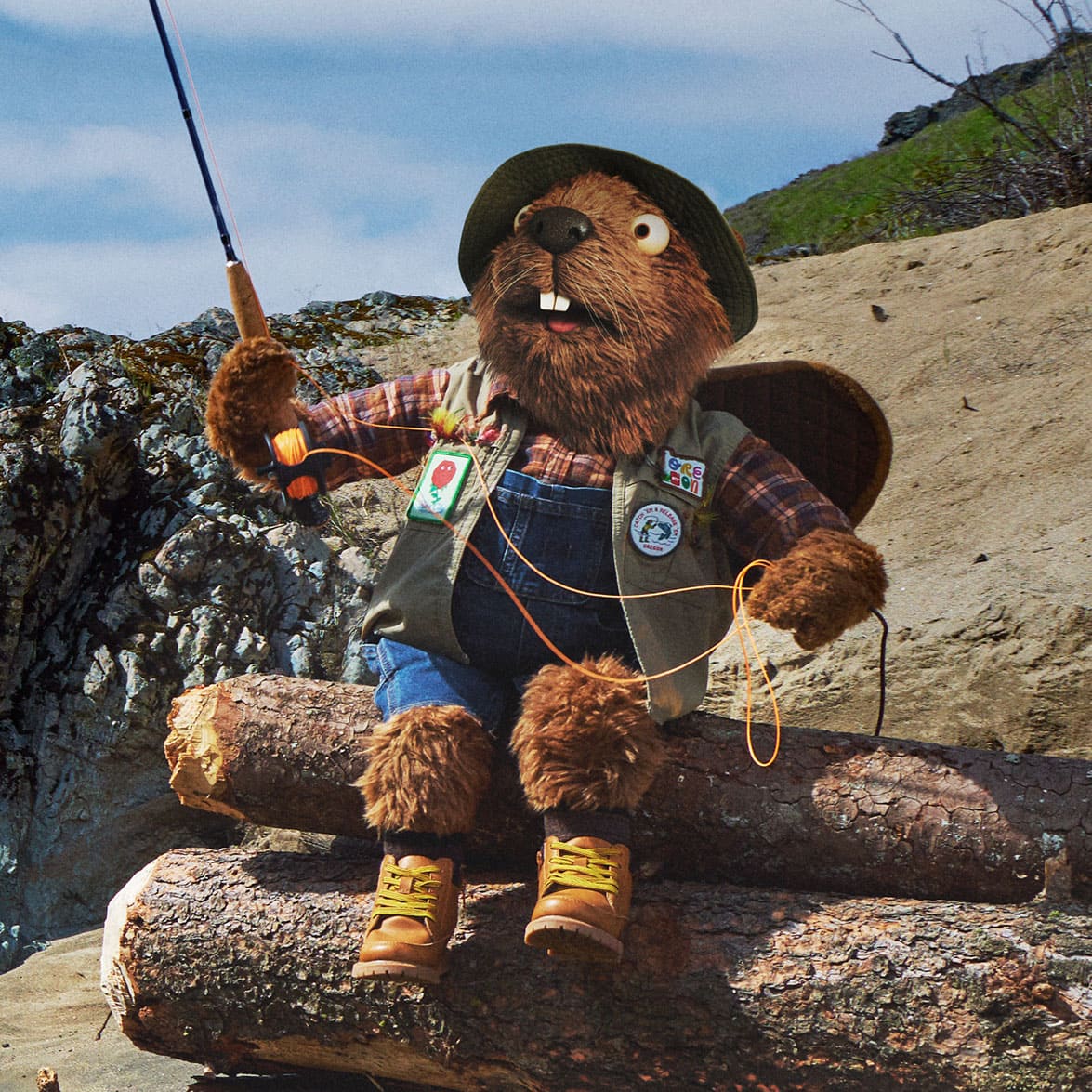Native American tribes have faced pandemics before and survived, although often at a high cost –– historically, losing up to 90% of their population. Yet tribal nations are resilient, and a traditional respect for elders has found their governments taking the science of contagion seriously.
As a result, tribal leaders in Oregon have instituted some of the most stringent COVID-19 lockdowns in the U.S. However, they’re still struggling to survive economically, since many rely heavily on the entertainment industry, like casinos. Chuck Sams, incident commander for the Umatilla reservation’s response to the coronavirus pandemic in Eastern Oregon, recalls how the last measles epidemic in 1860 killed nearly nine in 10 of his tribe’s members. “That memory,” he says, “still lives on in many of us.”
For many of us who are citizens of Indigenous nations, that is the case. In 1918 my father’s Yankton Sioux family in South Dakota was devastated by the loss of my great-uncle William Barbier to the flu. The 1918 flu epidemic targeted the young and turned their robust immune systems against them. My grandmother was only a child when her 18-year-old brother died. Later when I was a college student interviewing tribal elders, his contemporaries recalled my great-uncle and how he had sought out the elders to learn their stories. He could have grown up to be a cultural knowledge bearer. As the descendants of survivors, we are haunted by the knowledge of what we have lost. But it makes us value what we have all the more and want to protect it.
In 1860 the Umatilla members who survived the pandemic did so by mere luck. They had been away fishing at Willamette Falls, or were away hunting. Some were those who moved out of the larger encampment and isolated themselves. “So we know isolation works,” Sams concluded in a radio interview in March.
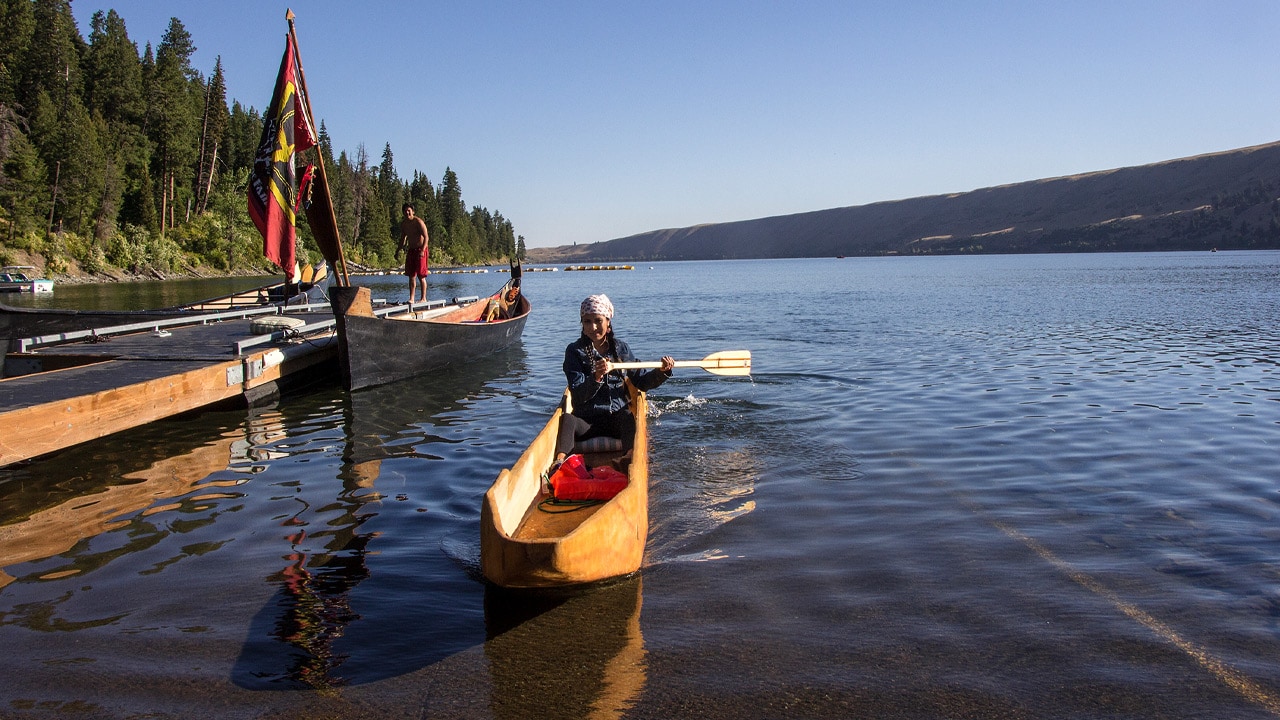
And it’s been working. The reservation has so far had a much lower COVID infection rate than the rest of Umatilla County. With nearly 18% of all tests in Umatilla County coming back positive, the county is one of several hot spots in Oregon. Tragically, the county has seen 35 deaths as of Aug. 26 –– more than 8% of all COVID-related deaths in Oregon while being just 2% of the state’s population.
The virus has serious consequences for Native Americans, who are more likely to have pre-existing conditions like diabetes, obesity, heart disease and nicotine addiction that can make a coronavirus infection more severe or fatal. If you visit, please respect spaces that are not open to the public, and wear your face covering. Also, when visiting remote communities, bring water, snacks and supplies so you don’t overwhelm local resources. Be open-minded and respect restrictions meant to reduce transmission.
Here’s what the impact has been on tribal lands across Oregon during the pandemic, and how you can help.
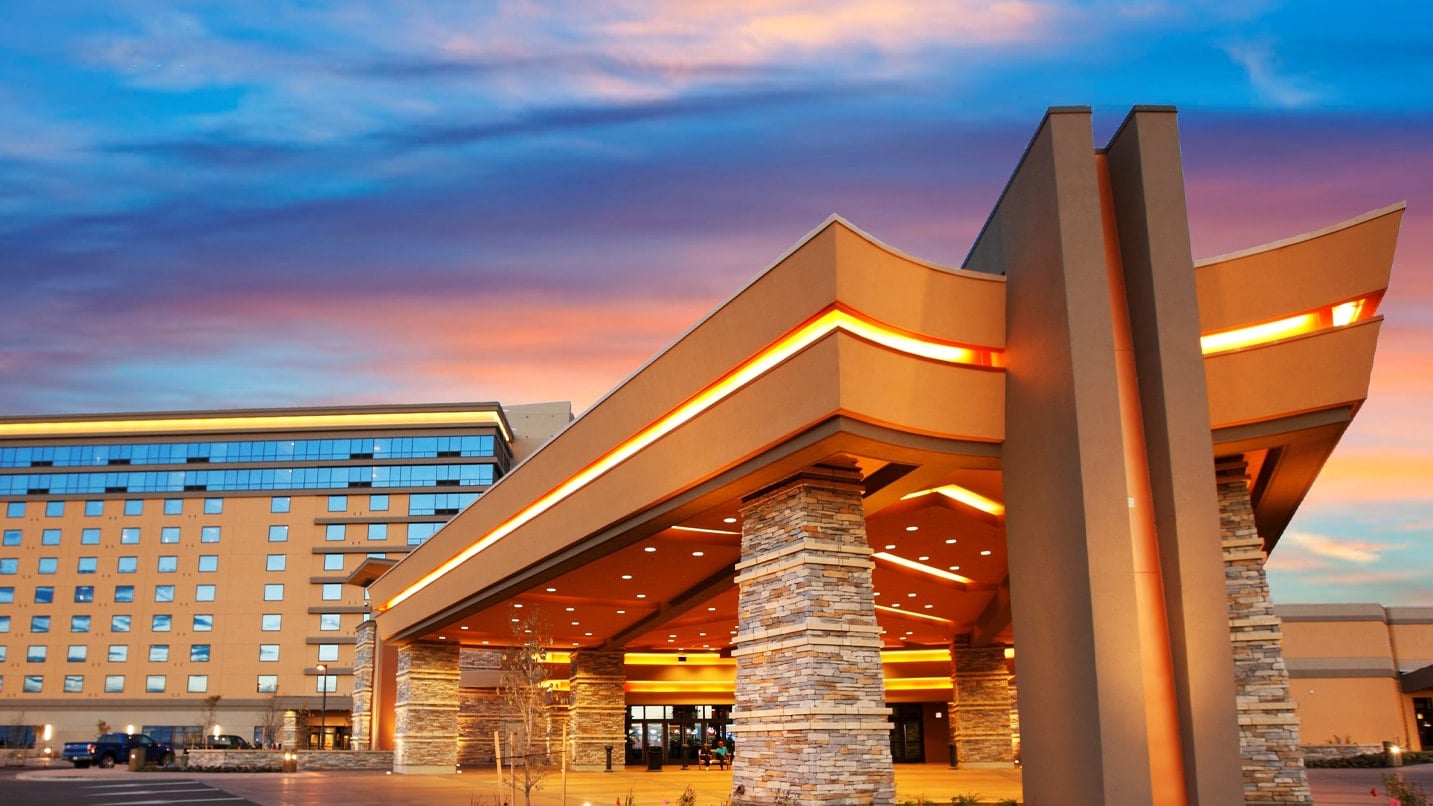
Eastern Oregon
Despite Umatilla County’s challenges, the tribe has been able to reopen its Wildhorse Resort & Casino in Pendleton with shorter hours, required face coverings and social-distancing protocols in place. At its Birch Creek Golf Course in Pendleton, golf carts must be returned at a particular area to be disinfected. The reopening occurred after the tribe took quick action in early March to close the casino after a nontribal-member employee became one of the earliest cases of COVID in Oregon.
Shutting down before the governor’s stay-home order has paid off. Even as food-processing plants in rural counties like Umatilla face outbreaks of the virus in their workforce, the tribe has been able to keep numbers low due to strict lockdown precautions. Breaking tribal COVID-19 regulations can land a tribal citizen with a $5,000 fine.
Meanwhile, the organizers of the famed Pendleton Round-Up, a weeklong rodeo in which the tribe has historically played a large part with a large tipi encampment, announced the cancellation of the event for only the third time in its 110-year history.
How to help: Check for updates on the rodeo in 2021, and consider a trip to Wildhorse, which opened its new Family FunPlex in fall 2020 with a state-of-the-art bowling alley, arcade, game room and food court.
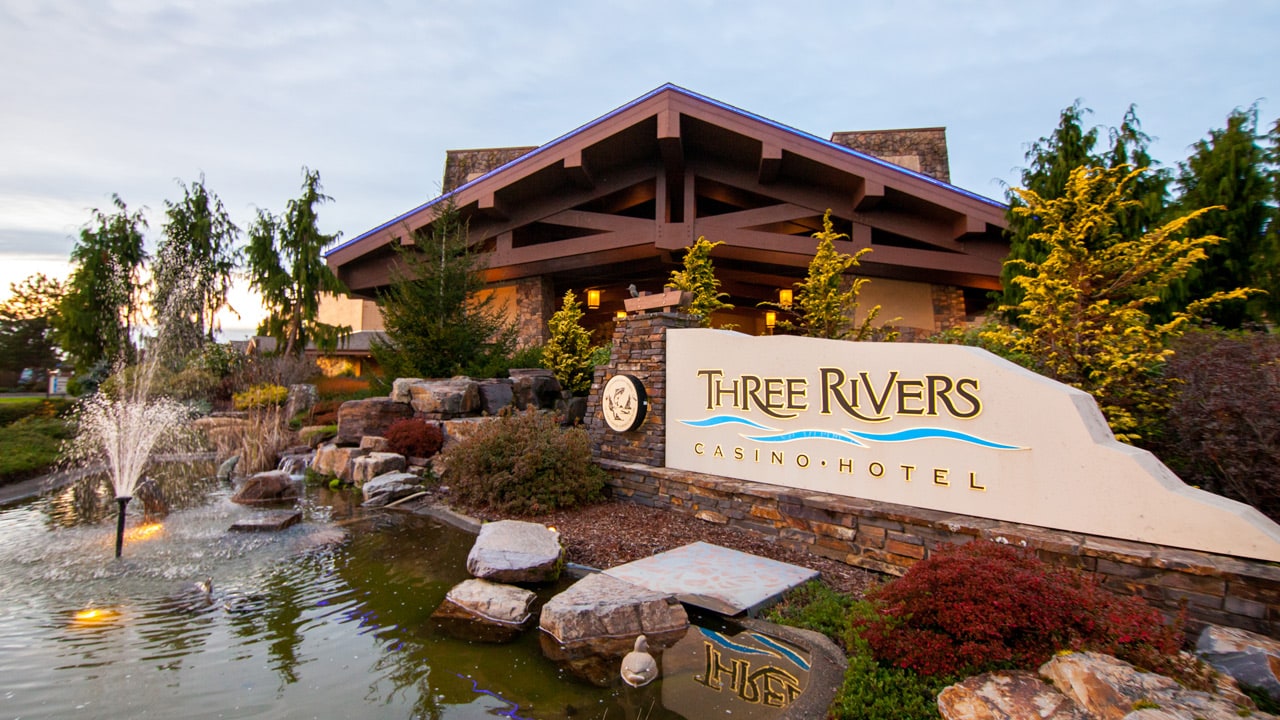
Oregon Coast
By mid-March, all of Oregon’s nine tribally owned casinos had closed. Then in late May, Three Rivers Casino Resort in Florence reopened with improved health and safety protocols. The property consists of two casino facilities, both owned by the Confederated Tribes of the Coos, Lower Umpqua and Siuslaw Indians on the Oregon Coast at Coos Bay and Florence.
Delores Pigsley, chair of the Confederated Tribes of Siletz Indians — which owns and operates Chinook Winds Casino Resort in Lincoln City — says the revenue from the tribe’s gaming and other tribal enterprises is crucial, primarily since most tribal governments do not collect taxes. Before COVID-19, tribal-owned casinos, hotels, golf courses and other entertainment facilities provided 60% of the employment opportunities for tribes in Oregon.
How to help: The casino resorts on the Oregon Coast are once again offering monthly food specials, including $25 prime rib meals, but no buffets. The tribe’s Ocean Dunes Golf Links in Florence is open with one rider per cart at a time, with carts disinfected after each round and 6 feet of distance maintained at all times.
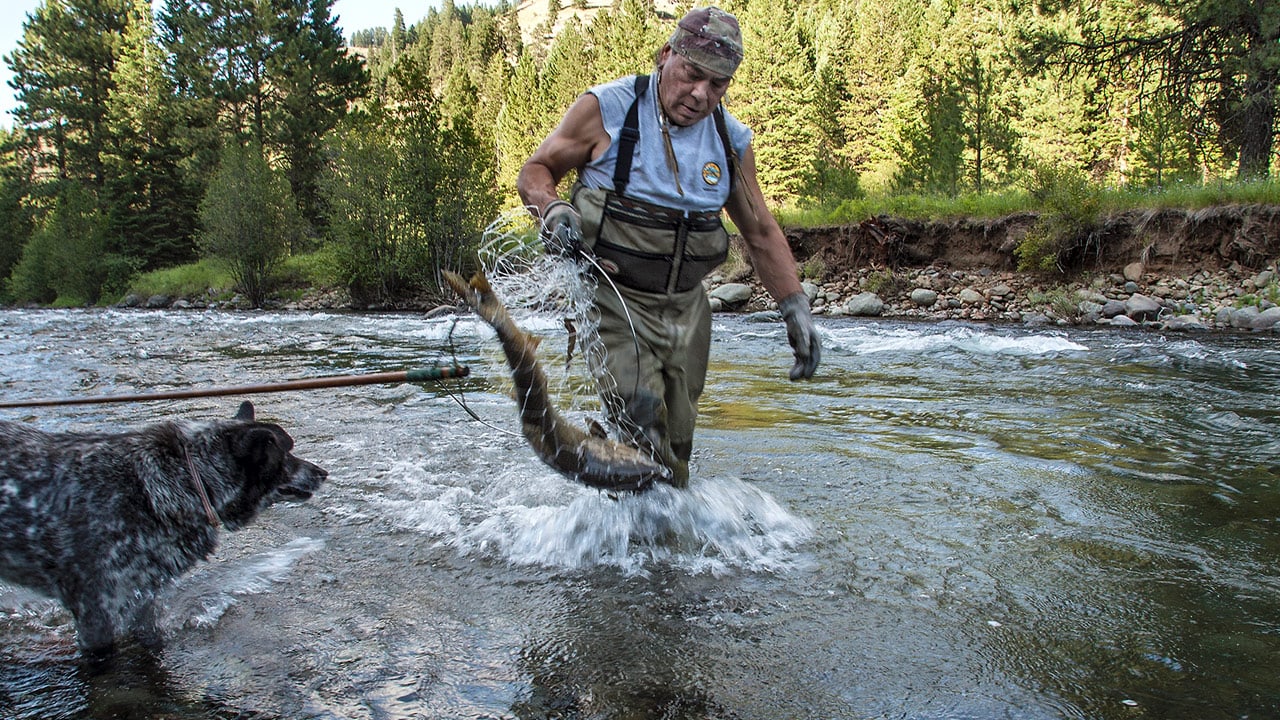
Central Oregon
Meanwhile, on the Confederated Tribes of Warm Springs reservation in Central Oregon, the 4,295 residents are in the midst of a water crisis, with about 60% lacking clean or running water. Poor infrastructure is a problem on many reservations across the U.S., as recent national headlines have featured the challenges of the Navajo Nation, with its population of about 170,000 people.
While it’s much smaller in population, Warm Springs — established by treaty in 1855 — is the largest reservation in Oregon at about 650,000 acres. It’s home to a confederation of tribes including Wasco, Warm Springs and Paiute bands. Several wildfires have been burning on and around the reservation, so please be respectful and avoid the area until it’s safe to visit.
Since 2018, pipes carrying water have burst every summer. According to Dan Martinez, the tribe’s emergency manager, it would take $200 million to replace not only the aging piping but the entire system, including the water-treatment plant.
Despite issuing a boil-water notice in June after a main line in the water system broke, and providing mobile hand-washing stations, the lack of water easily accessible undoubtedly increased the transmission of the virus, as it impacted some 2,000 people on the reservation. Warm Springs has also been hard-hit by COVID-19, with 236 reported cases — more than 5% of the population. Tragically for such a close-knit community, there have been six deaths.
Financial relief to fund even stopgap measures to deal with the lack of clean water has been slow and less than in nonpandemic years. Millions promised from the state lottery have been cut in half. The tribe’s Indian Head Casino, a financial boon for the tribe, just reopened in late August with new protocols including limited hours, reduced capacity, enhanced cleaning, takeout food only and face masks required for all. The recently reopened Museum at Warm Springs, just off Highway 26, has showcased tribal artifacts and exhibits about the culture and history of the The Confederated Tribes of Warm Springs Reservation since 1993.
How to help: Consider donating to the MRG Foundation’s The Chúush Fund: Water for Warm Springs, in partnership with the Confederated Tribes of Warm Springs. Donations go to supporting infrastructure improvements and immediate measures to provide tribal members with access to clean and safe drinking water. For the best experience, book an expert-led trip with Littleleaf Guide Service or other Indigenous fishers to explore native land and river access on the Warm Springs reservation.

Mt. Hood/Columbia River Gorge
What is harder to measure is the loss of culture bearers and the trauma related to experiencing hospitalization from COVID-19. Early on in the pandemic, Bobby Begay, 51, a Celilo Village leader, died two weeks after the village decided to hold its annual First Salmon Feast in April.
Despite limiting attendance to reduce the public health risk, several attendees tested positive for the coronavirus afterward. Yet not holding the feast seemed unfathomable to the village at the time. It’s held each spring near the former site of Celilo Falls, now underwater due to the dam. It not only draws hundreds of visitors who come to enjoy music and food, but it’s also a chance to witness the ancient custom of honoring the fish, an integral part of the identity of the people of the river, the blessing and thanking for its abundance, which has made their existence possible for thousands of years.
How to help: Keep a lookout for Native fish stands along Interstate 84, particularly in Cascade Locks. Samuel Sohappy of the Confederated Tribes and Bands of the Yakama Indian Nation announced on Facebook Aug. 20 that his stand is open for business again, noting: “All this great merchant needs is good customers.” He offers fresh and smoked fish for sale and accepts most major credit cards. Another fantastic spot to pick up fresh fish, smoked salmon and hot chowder or fish and chips to go is Brigham Fish Market in Cascade Locks, owned and operated by a pair of Native sisters who come from a family of Columbia River fishers. Find more ways to access Columbia River fishers and fishing sites through the Columbia River Inter-Tribal Fish Commission.
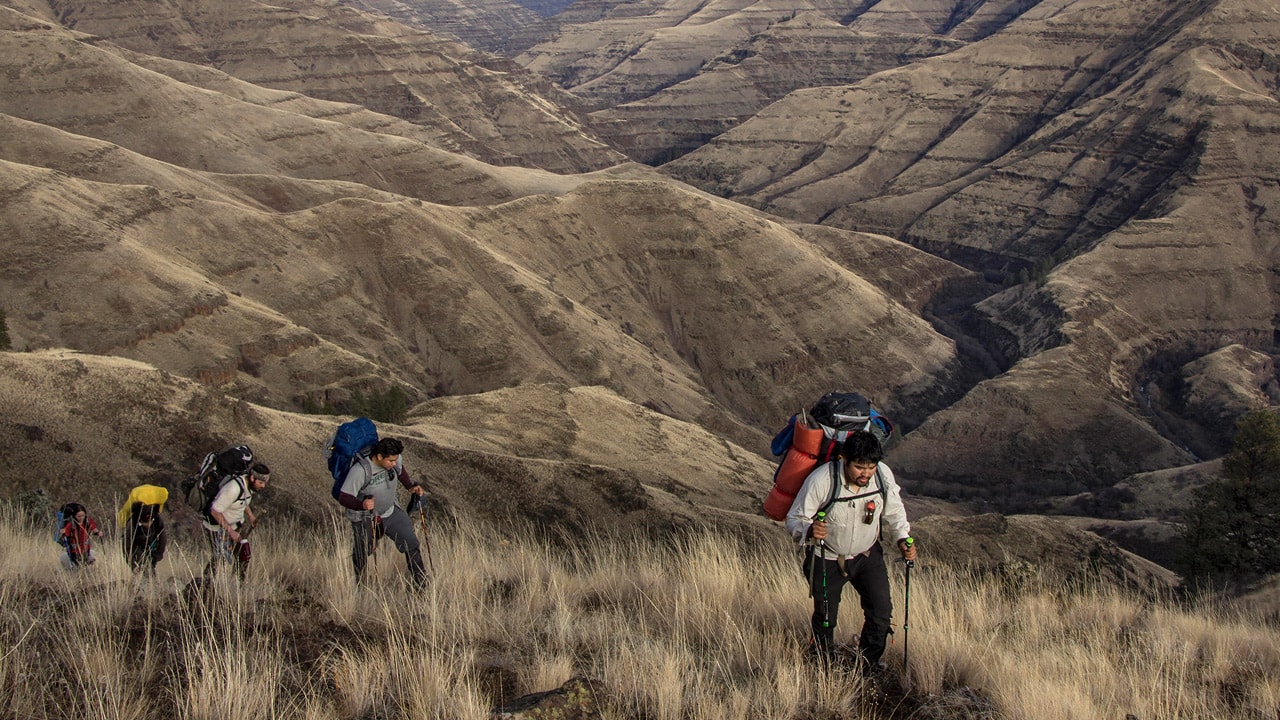
Hope on the Horizon
Despite the challenges, there are small mercies. A baby, Brave Bear, was born in February on the Confederated Tribes of the Warm Springs. At just two months old, he tested positive for COVID-19. His mother, Bonita Leonard, recalled the trauma of hearing her son’s screams as nurses cared for him. Just a week later, the young mother was herself struggling for her own life against the virus. The nurses were urging her to go to the hospital, but she would not.
“If I die, that’s not how I want to die,” Leonard said in an Oregon Public Broadcasting interview. “I want to be around my family. I want to be able to tell them I love them. What if I went to the hospital and couldn’t fight because I felt so alone?”
She chose to say home, and one of her friends began singing at her bedside, and that gave her strength. “All of a sudden, I wanted to start singing with her,” said Leonard, who has since recovered. In June, she and 4-month-old Brave Bear were among more than 2,600 Oregon residents who had recovered from the virus, according to a follow-up interview. “That was me fighting. I just kept singing and singing, and over time, I started getting better. I started feeling hope, you know, a little bit of hope.”
